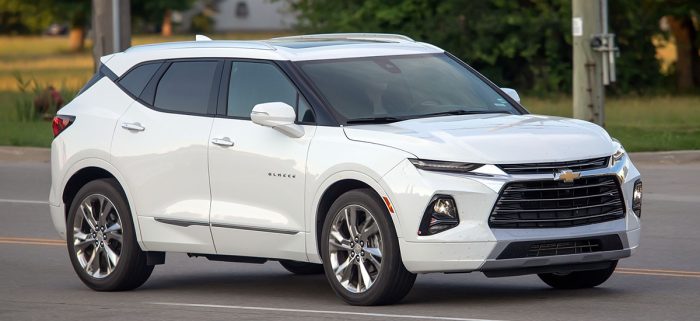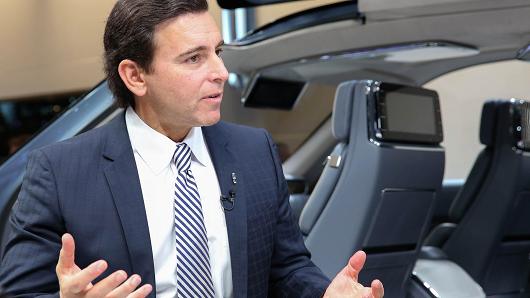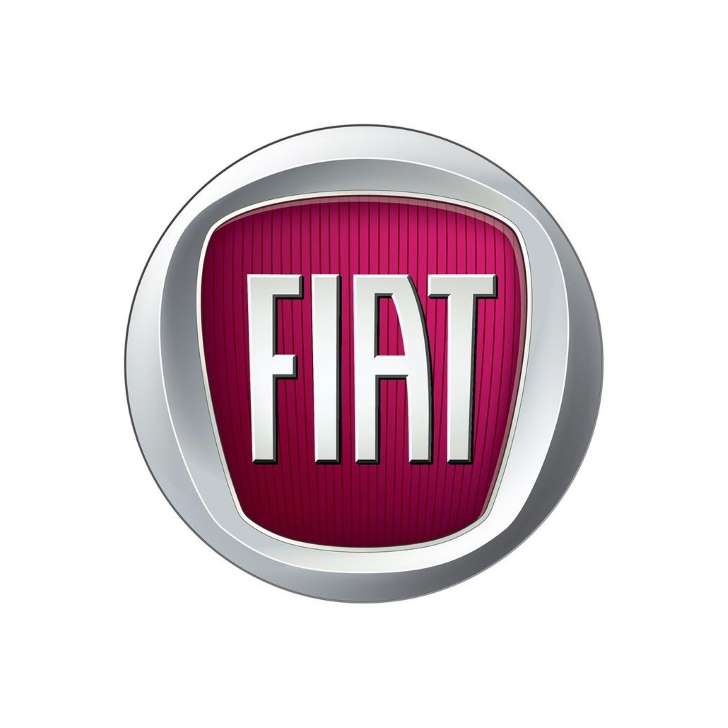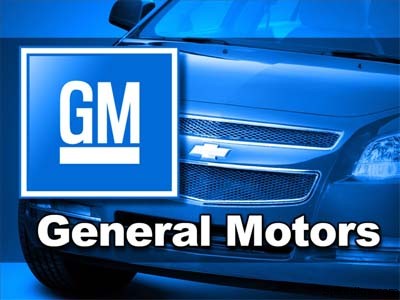Now Reading: Hertz files for bankruptcy protection as coronavirus hits business
-
01
Hertz files for bankruptcy protection as coronavirus hits business
Hertz files for bankruptcy protection as coronavirus hits business
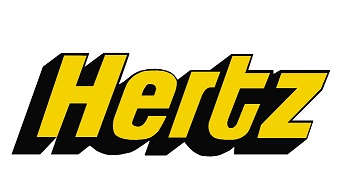
Hertz, which started with a fleet of some Ford Model T’s a century ago and became one of the world’s largest auto rental companies, has filed for bankruptcy protection on Friday as the debt mounts on the company.
The coronavirus pandemic has devastated the company by grounding business travelers and tourists, making it impossible for the company to keep paying its lenders. A sharp decline in used car prices has also reduced the value of its fleet.
“They were doing quite well, but when you turn off the revenues and you own all these cars and all of a sudden the cars are worth less it’s a very tough business,” stated John Healy, an analyst and managing director with Northcoast Research in Cleveland.
Hertz stated on Friday that it would use over $1 billion in cash on hand to keep its business operating while it proceeds with the bankruptcy process.
“Today’s action will protect the value of our business, allow us to continue our operations and serve our consumers, and provide the time to put in place a new, stronger financial foundation to move successfully through this pandemic and to better position us for the future,” said Paul E. Stone, its chief executive.
The bankruptcy filing does not include operations in Australia, Europe and New Zealand along with the company’s franchisee locations. Hertz also stated that it had sought aid from the federal government, however that funding for its industry “did not become available.”
Though the company had piled up $17 billion in debt, it was reporting healthy sales at the start 2020. The company’s revenue increased 6 percent in January and February.
But the pandemic dealt what the company has referred to as “a rapid, sudden and dramatic” blow. Sales dried up in March as much of the world would shelter at home. Airports, where Hertz and its competitor Avis Budget Group make most of their earnings, turned into ghost towns.
By late March, the company started to cut back on spending, sold some of its vehicles, furloughed employees and combined nearby outposts. Hertz management suggested that they had some room to maneuver, including access to $1 billion in cash.
“Hertz is a resilient company, with resilient brands and resilient people,” its chief executive, Kathryn Marinello, said that time.
But Marinello resigned this month, and Hertz has since laid off or furloughed 20,000 workers, half of its work force. The company had cut pay for senior leaders in March, too, but has reversed that decision.
Hertz also owns the Dollar and Thrifty brands.
The company was on its way to bankruptcy from April when it missed a payment on a lease for some of its fleet, which includes about 667,000 cars, sport utility vehicles and other automobiles worldwide. It persuaded lenders to give it until midnight on Friday to put together a financial strategy that they could accept. But in a filing this month, the company acknowledged the enormity of the task.
“If our business does not recover quickly and we are unable to successfully restructure our substantial indebtedness, obtain further waivers or forbearance or raise additional capital, there is significant doubt that we will be able to continue as a going concern,” the company stated.
The company had a hard time in the years following the financial crisis of 2008 but had started to turn around recently. Under Ms. Marinello, the company had improved operations, cut costs and decreased its debt, analysts said.
Stay Informed With the Latest & Most Important News
Previous Post
Next Post
-
![2026 Toyota Hilux EV: A Powerful Truck with Silent Torque]() 012026 Toyota Hilux EV: A Powerful Truck with Silent Torque
012026 Toyota Hilux EV: A Powerful Truck with Silent Torque -
![2027 Mercedes-Benz S-Class Debuts with V8 Engine [Photo Gallery]]() 022027 Mercedes-Benz S-Class Debuts with V8 Engine [Photo Gallery]
022027 Mercedes-Benz S-Class Debuts with V8 Engine [Photo Gallery] -
![The Financial Benefits of Corporate Fuel Cards for Fleet Management]() 03The Financial Benefits of Corporate Fuel Cards for Fleet Management
03The Financial Benefits of Corporate Fuel Cards for Fleet Management -
![What Are the Most Reliable Jaguar F‑Pace Parts to Maintain SUV Safety and Comfort?]() 04What Are the Most Reliable Jaguar F‑Pace Parts to Maintain SUV Safety and Comfort?
04What Are the Most Reliable Jaguar F‑Pace Parts to Maintain SUV Safety and Comfort? -
![Performance Toyota Hilux Clutch Kits: Are They Worth the Investment?]() 05Performance Toyota Hilux Clutch Kits: Are They Worth the Investment?
05Performance Toyota Hilux Clutch Kits: Are They Worth the Investment? -
![Spy Shots: 2027 Mitsubishi Pajero Spotted in Testing Ahead of Possible U.S. Return]() 06Spy Shots: 2027 Mitsubishi Pajero Spotted in Testing Ahead of Possible U.S. Return
06Spy Shots: 2027 Mitsubishi Pajero Spotted in Testing Ahead of Possible U.S. Return -
![What Is the Cheapest Ford Truck? A Guide to Affordable Ford Pickup Options]() 07What Is the Cheapest Ford Truck? A Guide to Affordable Ford Pickup Options
07What Is the Cheapest Ford Truck? A Guide to Affordable Ford Pickup Options

![2027 Mercedes-Benz S-Class Debuts with V8 Engine [Photo Gallery]](https://speedlux.com/wp-content/uploads/2026/01/2027-Mercedes-Benz-S-Class-33-700x394.jpg)










